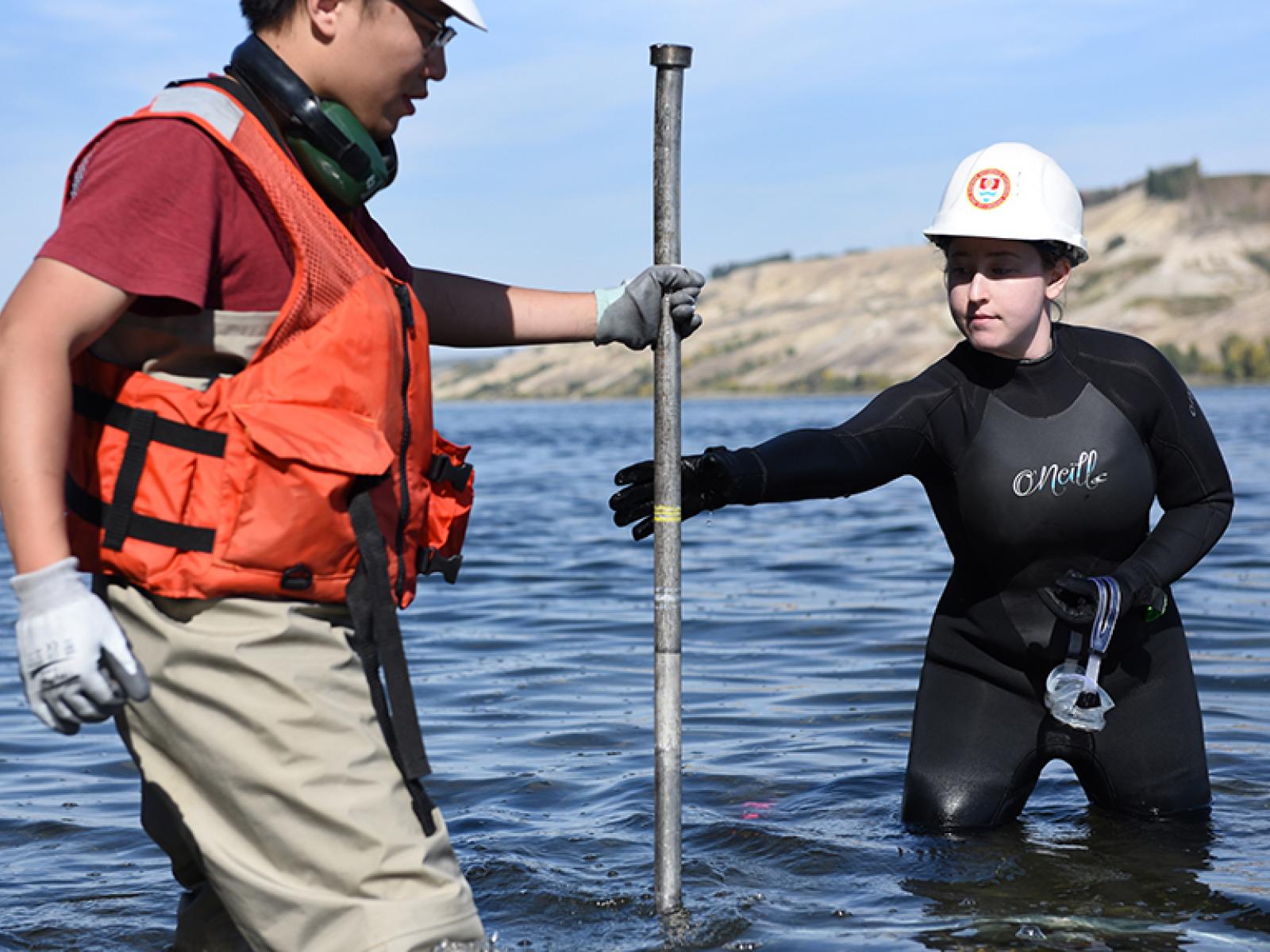Biological Systems Science

Andrea Starr | Pacific Northwest National Laboratory
We are developing a mechanistic understanding of complex multicellular systems and their responses to the impacts of climate, energy production, and emerging technologies on environmental sustainability and human health.
Our biological systems science core capability focuses on scientific challenges relevant to the Department of Energy’s (DOE's) missions in science, energy, and environment. These include deciphering mechanisms of metabolic interactions in microbial communities and understanding multiscale-terrestrial biogeochemistry. A great deal of research focuses on predicting the contaminant behavior and microbial ecology of the subsurface and quantifying the effects of renewable energy devices on aquatic ecosystems.
Working in conjunction with other PNNL core capabilities, we deliver expertise in microbial ecology, microbiome science, fungal biology and biotechnology, pathogen biology and biological threat analytics, and systems toxicology. Other areas of proficiency are plant science, biochemistry and structural biology, trace chemical analysis, and biomolecular separations. Advanced in situ and dynamic imaging, computational biology and biophysics, and signature discovery through data analytics are additional strengths.
Expertise at PNNL in fungal biology has enabled deep understanding of biological processes applicable to the production of fuels and other high-value chemicals. In addition, we are advancing biosecurity and human health through the development of medical countermeasures to biological agents, early diagnostics, biodetection, and bioforensics.
In addition, PNNL’s “Microbiomes in Transition” initiative applies the strengths of this core capability with several others. In this way we create a deeper understanding of the metabolic activities of complex microbial communities and learn how metagenomes translate to the function of a microbial community. We also illuminate the microbiome’s role in plant, animal, and human health and in regulating earth-system processes.
We partner with the Lawrence Berkeley National Laboratory’s Joint Genome Institute (JGI) to provide large-scale genome sequencing and analysis for DOE missions. The Environmental Molecular Sciences Laboratory and JGI now issue an annual joint call for user projects that targets collaborative science projects in biogeochemistry, carbon cycling, and biofuels.